Andrea Wulf's 6 favorite books about nature
The historian and best-selling author recommends works by Lauren Redniss, Barry Lopez, and more
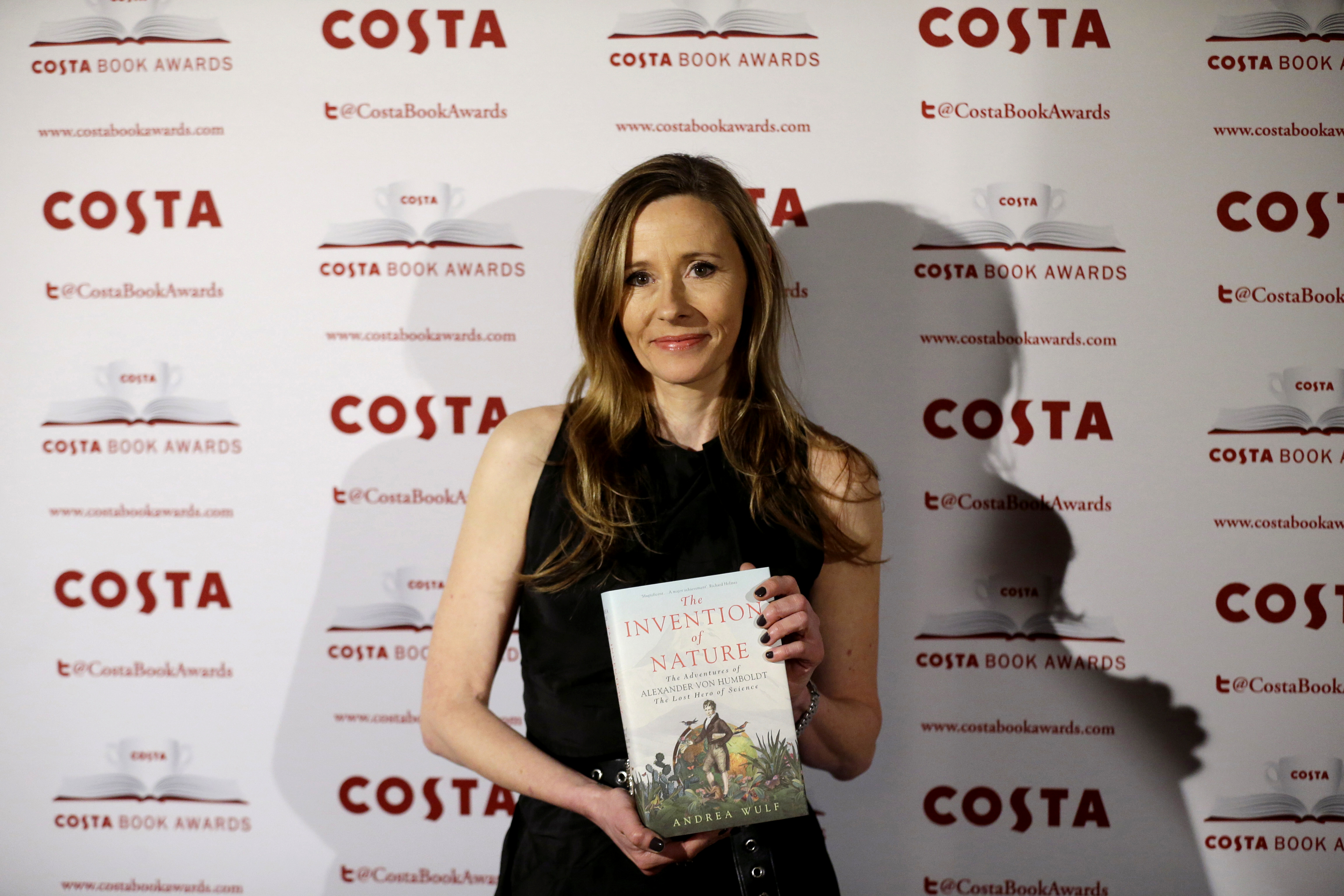
A free daily email with the biggest news stories of the day – and the best features from TheWeek.com
You are now subscribed
Your newsletter sign-up was successful
Historian Andrea Wulf is the best-selling author of The Invention of Nature. Her latest book, The Adventures of Alexander von Humboldt, retells the same story of the pioneering naturalist and explorer, but in a lavishly illustrated graphic novel.
Radioactive: Marie & Pierre Curie by Lauren Redniss (2010).
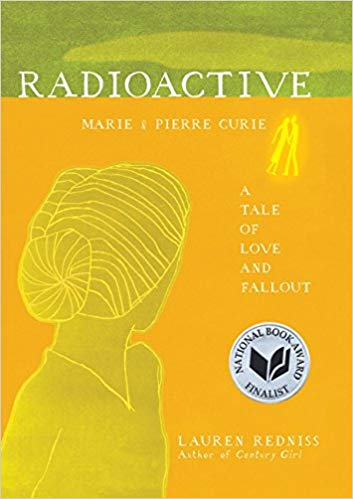
Category-defying, stunningly beautiful, and utterly mesmerizing, Radioactive represents the perfect marriage between art and science. Redniss' text and magical images take the reader on a biographical and visual journey.
The Week
Escape your echo chamber. Get the facts behind the news, plus analysis from multiple perspectives.

Sign up for The Week's Free Newsletters
From our morning news briefing to a weekly Good News Newsletter, get the best of The Week delivered directly to your inbox.
From our morning news briefing to a weekly Good News Newsletter, get the best of The Week delivered directly to your inbox.
Half-Earth by Edward O. Wilson (2016).
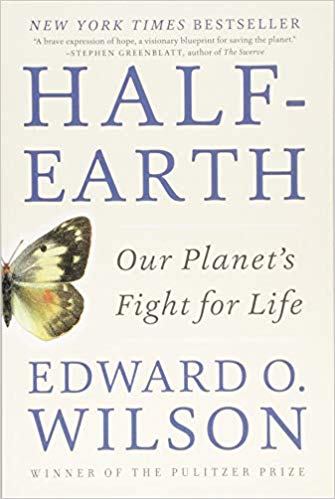
One of the most memorable passages I've ever read about environmental destruction is Wilson's list of the 19 species of freshwater mussels that have gone extinct in Alabama's Mobile River basin. Half-Earth is almost like an obituary: evocative, and in its sparse itemization strangely emotional.
American Eden by Victoria Johnson (2018).
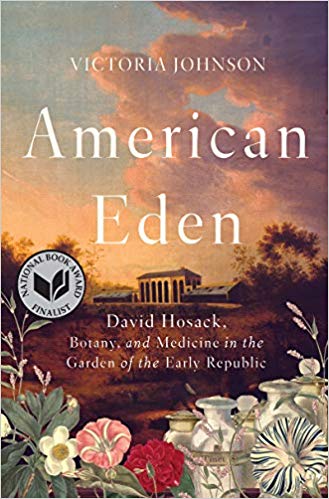
I've always loved stories about forgotten heroes — and with this fantastic biography of early American botanist David Hosack, Victoria Johnson unearthed a brilliant figure. Luckily for Hosack, she's a true scholar and gifted storyteller.
A free daily email with the biggest news stories of the day – and the best features from TheWeek.com
The Moth Snowstorm by Michael McCarthy (2015).
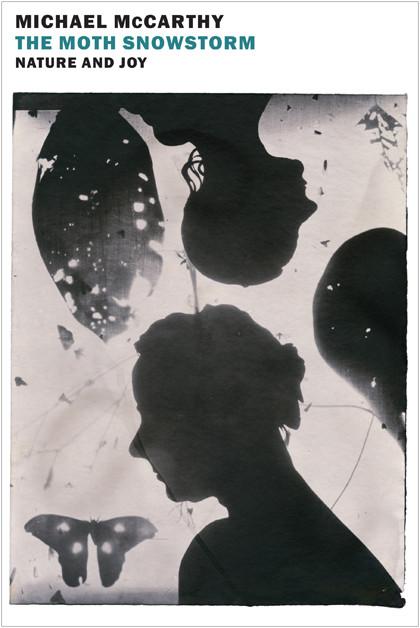
Some books change the way you see things and stay with you forever. This is one of them. It's an unashamed plea for the importance of seeking joy in nature — a joy that humans have experienced for more than 50,000 generations. Our ability to imagine developed as we evolved, McCarthy explains, and our bond with the natural world lies buried in our DNA. It's the best argument I've heard so far for nature appreciation as part of our very essence.
Views of Nature by Alexander von Humboldt (1808).
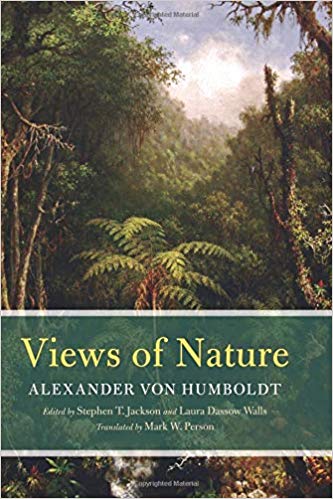
Humboldt, the most famous scientist of his age, was obsessed with scientific measurements, but he also said that we need to use our imagination to understand nature. In Views of Nature, he combined poetic landscape descriptions with scientific observations, thereby creating the blueprint for nature writing today.
Horizon by Barry Lopez (2019).
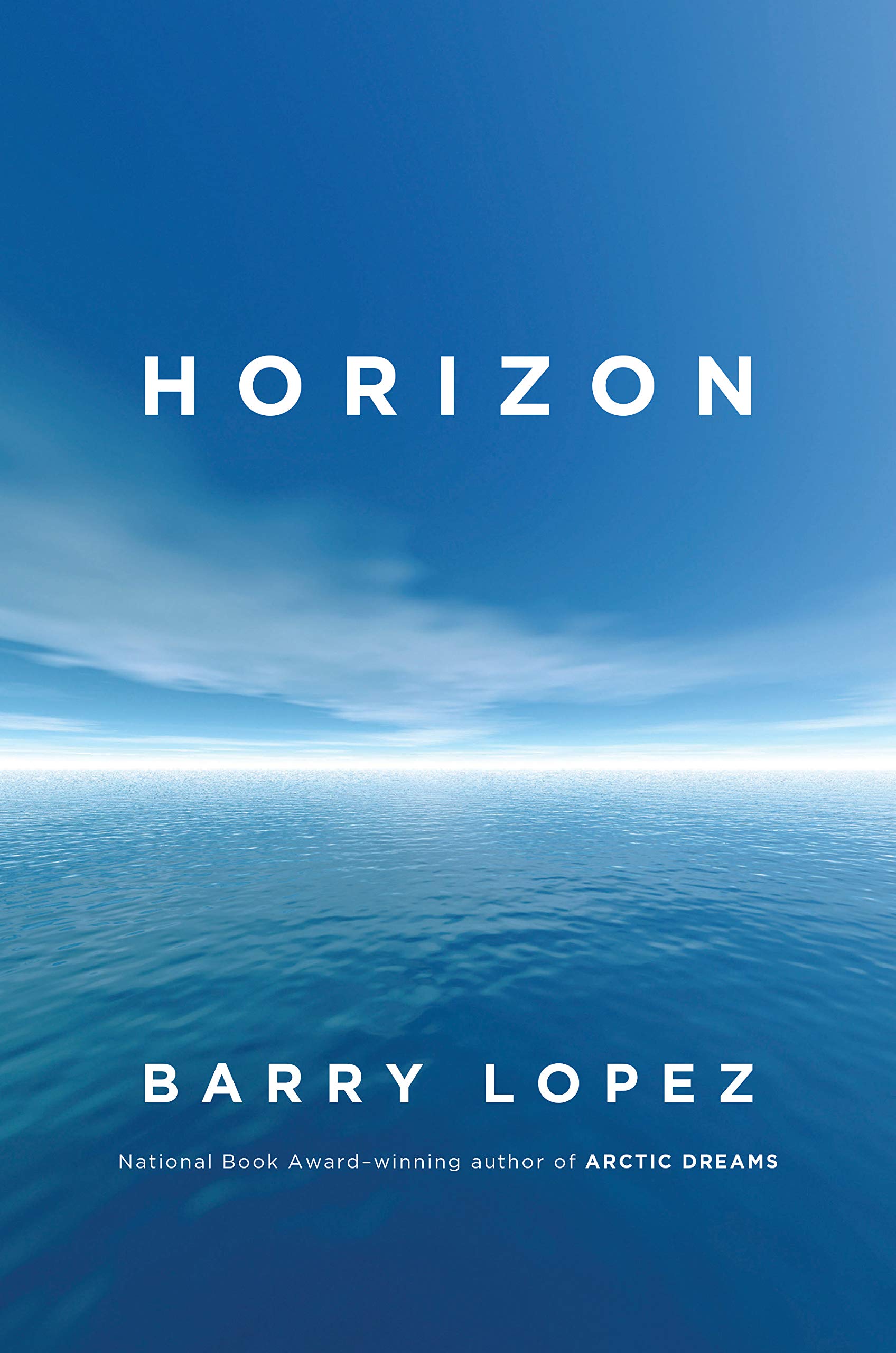
Lopez is one of my all-time favorite writers. Like so many others who loved 1986's Arctic Dreams, I waited patiently (or maybe impatiently) many years for a new full-length Lopez nonfiction book. When it finally arrived this year, I devoured it. It's a masterpiece of nature writing that reminds us of the environmental crisis we're facing. I don't know of any other writer who so evocatively and poetically weaves together science, culture, and nature.
-
 How the FCC’s ‘equal time’ rule works
How the FCC’s ‘equal time’ rule worksIn the Spotlight The law is at the heart of the Colbert-CBS conflict
-
 What is the endgame in the DHS shutdown?
What is the endgame in the DHS shutdown?Today’s Big Question Democrats want to rein in ICE’s immigration crackdown
-
 ‘Poor time management isn’t just an inconvenience’
‘Poor time management isn’t just an inconvenience’Instant Opinion Opinion, comment and editorials of the day